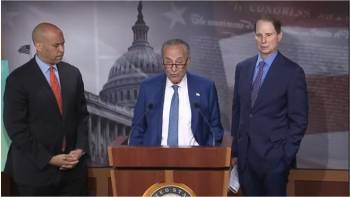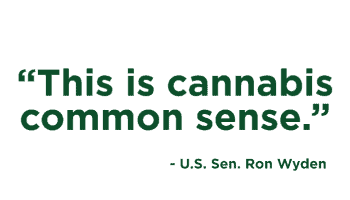First off, what is CBC? CBC is a minor cannabinoid called cannabichromene (CBC). Being a minor cannabinoid is one of the reasons we don’t hear much about CBC. It is not found in very high percentages compared to other major cannabinoids such as cannabidiol (CBD). This can make the extraction costly, which is another reason you don’t hear much about it, but you should because CBC has many benefits and uses as a medicine.
The anti-inflammatory effects of CBC are of great benefit to people with pain and other ailments caused by inflammation, as well as people with autoimmune diseases that cause increased inflammation and several other inflammatory conditions. One study directly examined the pharmacological potential of CBC and found that CBC was effective “dose-dependent” anti-inflammatory effect“. [1]
Another study, published in Neurochemistry International, discovered that CBC was an excellent cannabinoid for brain health. It was even compared to CBD and CBG, and the results showed that CBC has beneficial effects on neural stem progenitor cells. These cells are essential for healthy brain function, and CBC increased their viability, making CBC a potential candidate for treating disorders related to brain cells and brain health. [2]
If that’s not enough to talk about CBC, what if you found out that CBC was shown to be effective in treating cancer? So effective in fact research Studying the effectiveness of several cannabinoids on anti-tumor activity in breast cancer may have found that CBD is the most effective at inhibiting tumor growth, but CBC came right behind it. This means that CBC can help stop tumors from growing. Maybe not as much as CBD, but enough to take second place. [3]
Despite these and many other medicinal benefits of CBC, there is a good chance it will take a back seat to better-known cannabinoids like CBD for the time being. As the science of cannabinoid medicine advances, other cannabinoids like CBC will gain ground to be better recognized and discussed as more of their true potential is discovered.
References:
1- DeLong, G., et al., Pharmacological Evaluation of the Natural Ingredient of Cannabis sativa, Cannabichromene and its modulation by Δ9-Tetrahydrocannabinol. Drug and alcohol addiction. 2010. 112, (1-2) 126-133. https://www.sciencedirect.com/science/article/abs/pii/S0376871610002073
2- Shinjyo, N., et al., The Effect of Cannabichromes on Adult Neural Stem / Progenitor Cells. Neurochemistry International. 2013. 63. (5) 432-437. https://www.sciencedirect.com/science/article/abs/pii/S0197018613002106
3- Ligresti, A. et al., Antitumor Activity of Plant Cannabinoids, Emphasizing the Effect of Cannabidiol on Human Breast Cancer. Journal of Pharmacology and Experimental Therapeutics. 318 (3) 1375-1387. https://jpet.aspetjournals.org/content/318/3/1375.long




















